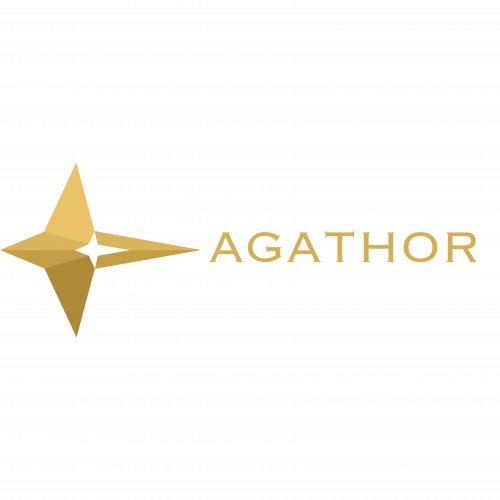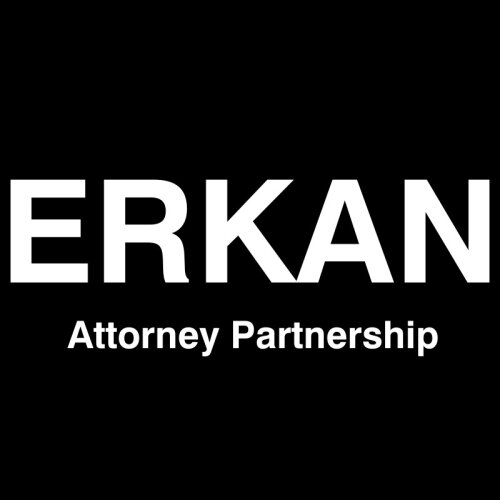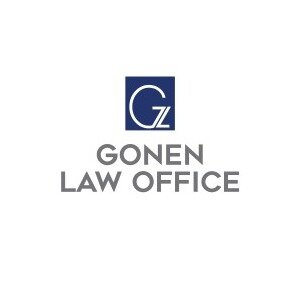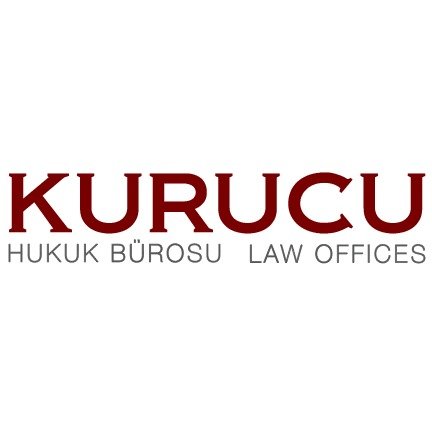Best Corporate Governance Lawyers in Ankara
Share your needs with us, get contacted by law firms.
Free. Takes 2 min.
List of the best lawyers in Ankara, Turkey
About Corporate Governance Law in Ankara, Turkey
Corporate governance refers to the policies, regulations, and processes by which companies are directed and controlled. In Ankara, Turkey, corporate governance laws aim to ensure that corporations operate ethically, transparently, and in line with both shareholders' interests and societal expectations. These laws serve to balance the roles and responsibilities of company shareholders, boards of directors, senior management, and other stakeholders. Compliance with corporate governance standards is critical, especially for companies listed on stock exchanges or those operating in highly regulated sectors.
Why You May Need a Lawyer
There are various situations in which corporate governance legal expertise can be essential. If you are a business owner, executive, board member, investor, or shareholder in Ankara, you may need a lawyer for:
- Drafting or reviewing corporate bylaws and internal policies
- Resolving shareholder disputes or conflicts within the board
- Ensuring compliance with Turkey's Capital Markets Board and Turkish Commercial Code
- Advising on corporate restructuring, mergers, or acquisitions
- Managing risk related to regulatory investigations or non-compliance penalties
- Addressing issues related to corporate transparency and disclosure
- Assisting with annual general meetings and board meetings
- Supporting ethical conduct and anti-corruption initiatives
Early legal consultation can help minimize risks, facilitate smoother business operations, and prevent costly litigation.
Local Laws Overview
Corporate governance in Ankara, Turkey is primarily regulated by several key laws and directives:
- Turkish Commercial Code (TCC) - The TCC sets out the fundamental framework for company formation, operation, board structures, shareholders' rights, and corporate compliance obligations.
- Capital Markets Law and Corporate Governance Principles issued by the Capital Markets Board (CMB) - These provide specific rules for publicly traded companies, including disclosure and transparency obligations, board composition, and internal controls.
- Regulations by the Ministry of Trade - These may address registration, reporting obligations, and operational standards for companies.
- Local regulations may also impose requirements for environmental, social, and ethical governance based on the sector.
Ankara, as Turkey’s capital, is home to many governmental bodies that oversee and enforce corporate governance standards. Navigating these local regulations requires up-to-date industry knowledge and legal insight.
Frequently Asked Questions
What is the main law governing corporate governance in Ankara?
The Turkish Commercial Code is the main piece of legislation, complemented by the Capital Markets Law and CMB regulations for listed companies.
Who is responsible for corporate governance compliance in a company?
The board of directors holds primary responsibility, but senior management, shareholders, and relevant committees also have significant roles.
Do all companies in Turkey have to follow the same corporate governance rules?
No, listed companies are subject to stricter rules under CMB regulations, while private companies primarily follow the TCC and other general rules.
What happens if my company fails to comply with corporate governance requirements?
Non-compliance can lead to administrative fines, legal disputes, loss of investor confidence, and in severe cases, criminal sanctions.
How can I ensure my company complies with disclosure obligations?
Regular audits, well-defined internal processes, and legal consultation are essential to make sure all disclosures are timely and accurate.
Can shareholders challenge decisions made by the board?
Yes, shareholders can challenge board decisions through general meetings or courts if decisions contravene the law or company articles.
What are the main committees required in a Turkish company’s board?
Typically, audit, risk, and remuneration committees are recommended - some are mandatory for listed companies.
Can foreign companies operating in Ankara face different governance requirements?
Foreign-owned entities must comply with Turkish corporate governance laws while possibly following additional home-country requirements.
Are there gender diversity requirements for boards in Turkey?
While there is no binding gender quota, the CMB recommends that boards include at least 25 percent female members for listed companies.
How can a lawyer help with corporate governance disputes?
A lawyer can represent your interests in negotiations, mediations, or court, and provide strategic advice to resolve disputes efficiently.
Additional Resources
If you need more help or information, consider the following helpful organizations in Ankara:
- Capital Markets Board of Turkey (Sermaye Piyasası Kurulu - SPK)
- The Union of Chambers and Commodity Exchanges of Turkey (TOBB)
- Ankara Bar Association (Ankara Barosu)
- Ministry of Trade (Ticaret Bakanlığı)
- Corporate Governance Association of Turkey (TKYD)
- Local chambers of commerce and industry in Ankara
Next Steps
If you are considering legal advice regarding corporate governance in Ankara, follow these steps:
- Identify the specific issue or area of concern related to your business.
- Gather all relevant company documents, such as articles of association, internal policies, and previous legal correspondences.
- Contact a lawyer specialized in corporate governance and company law in Ankara.
- Prepare a list of questions or concerns to discuss during your consultation.
- Stay proactive about compliance by scheduling regular legal check-ups for your organization.
Seeking professional guidance early can help protect your interests, keep your company compliant, and foster long-term business success.
Lawzana helps you find the best lawyers and law firms in Ankara through a curated and pre-screened list of qualified legal professionals. Our platform offers rankings and detailed profiles of attorneys and law firms, allowing you to compare based on practice areas, including Corporate Governance, experience, and client feedback.
Each profile includes a description of the firm's areas of practice, client reviews, team members and partners, year of establishment, spoken languages, office locations, contact information, social media presence, and any published articles or resources. Most firms on our platform speak English and are experienced in both local and international legal matters.
Get a quote from top-rated law firms in Ankara, Turkey — quickly, securely, and without unnecessary hassle.
Disclaimer:
The information provided on this page is for general informational purposes only and does not constitute legal advice. While we strive to ensure the accuracy and relevance of the content, legal information may change over time, and interpretations of the law can vary. You should always consult with a qualified legal professional for advice specific to your situation.
We disclaim all liability for actions taken or not taken based on the content of this page. If you believe any information is incorrect or outdated, please contact us, and we will review and update it where appropriate.

















